By Alan Gottlieb
Published: Aug. 24, 2018
The Colorado Media Project invited Molly de Aguiar, managing director of the News Integrity Initiative at the Craig Newmark Graduate School of Journalism at CUNY, to Denver as part of an effort to re-imagine local news in a rapidly shifting environment. De Aguiar spoke at a public gathering Aug. 22, attended primarily by journalists, focusing on how non-traditional media outlets can engage the public and rebuild trust. (You can read a summary of the public meeting here.)
She also addressed a group of philanthropic funders and business leaders at an Aug. 23 breakfast gathering hosted by the Gates Family Foundation. Before joining the News Integrity Initiative, de Aguiar spent 11 years at the Geraldine R. Dodge Foundation, widely known as an innovator in funding local journalism, so her experience has direct relevance for Colorado foundations interested in creating and sustaining a healthy local news ecosystem.
Here are some key takeaways from de Aguiar's conversation with Colorado's philanthropic leaders:
“The new business model for local journalism is relationships.” With ad revenue declining, memberships and subscriptions are vital for survival. To reach, secure and keep members and subscribers, outlets must gain a deep understanding of what news and information people want -- and are willing to pay for. This represents a radical shift from the way journalism has been practiced over the past several decades. In spite of the "click bait" effect, people are sick of car crash and murder coverage. They want more substance: accountability and investigative reporting, as well as coverage of big local issues and changes in local government policy -- though, through the lens of "what does it mean for me."
Media has a lot of work to do to rebuild trust, especially among communities of color and low-income communities. This requires a two-way relationship, which means deep listening and being open to changing practices based on community input.
This shift is profound and will not happen overnight. It will take time, training and funder patience for journalists to “get” this new reality and begin doing their jobs in fundamentally different ways. “It’s time and labor-intensive work, like grassroots organizing.”
Meeting news consumers where they are -- on social media, on their phones, through push notifications, etc. -- is vitally important in the new media landscape. Bite-sized or “snackable” content is one strategy to draw people in, but shouldn't be viewed as the be-all and end-all of 21st century journalism. “People want a lot more information, but the information that’s available isn’t what they want.”
Newsrooms will have to get creative about revenue streams, as exemplified by Outlier Media in Detroit, which uses GroundSource to provide granular rental and ownership housing information to low-income Detroit residents, and opens the door for them to develop relationships with journalists.
Philanthropy has a new, major role to play in creating and even sustaining a local news infrastructure. This does not mean dictating what gets covered or how, but rather helping forge connections among disparate sites and offering training, technical assistance, and especially business-side expertise and professional development. A notable model is New Jersey’s Center for Cooperative Media (which de Aguiar helped to seed and guide during her time at Dodge). Locally, Rocky Mountain PBS wants to provide a “digital and physical foundation” for Colorado's media outlets to share space, foster collaboration, and increase sustainability through access to fundraising and events infrastructure.
A number of follow-up resources were shared with attendees after the event:
Rethinking Philanthropy to Support Local News (from the Geraldine R. Dodge Foundation’s five-part report, Lessons from the Local News Lab)
Who’s who in local news: A guide to the biggest brains and bank accounts in the fight for local journalism (NiemanLab)
Guidance on philanthropic funding of media and news (from the American Press Institute)
Media Impact Funders – a knowledge network for media funders
Experiments in Mobile News Innovation – Center for Cooperative Media, Montclair State University (NJ)

